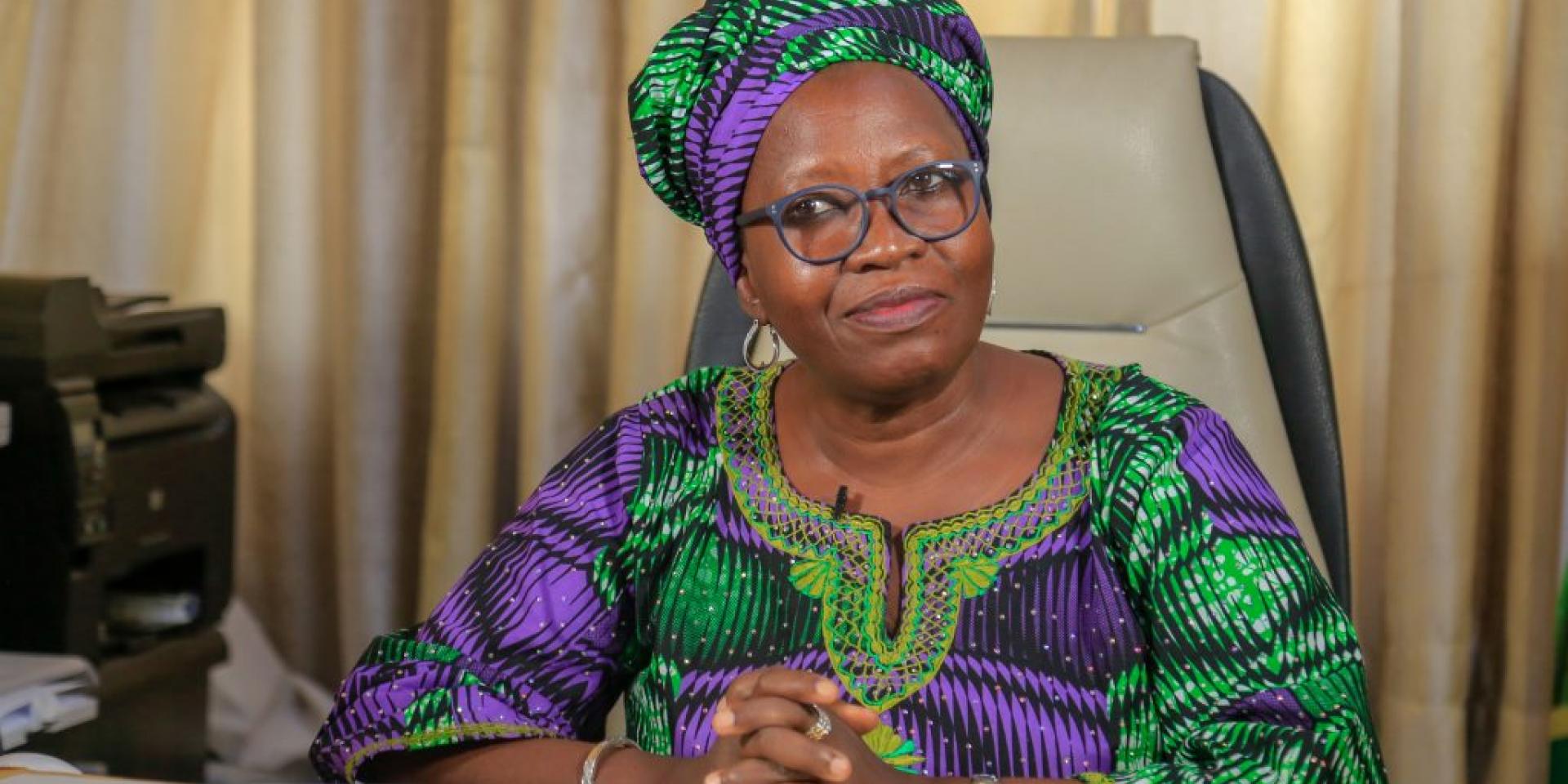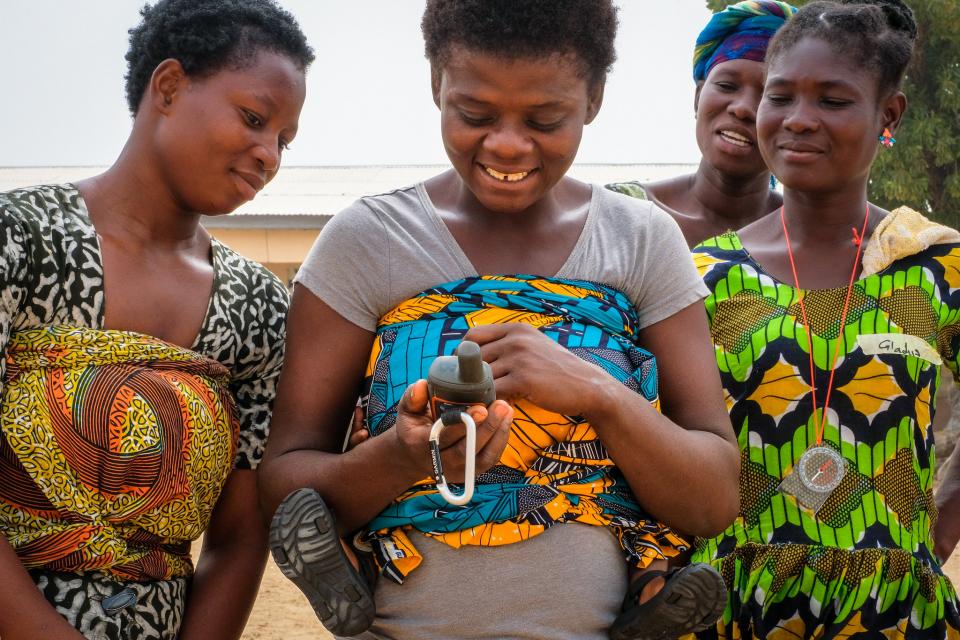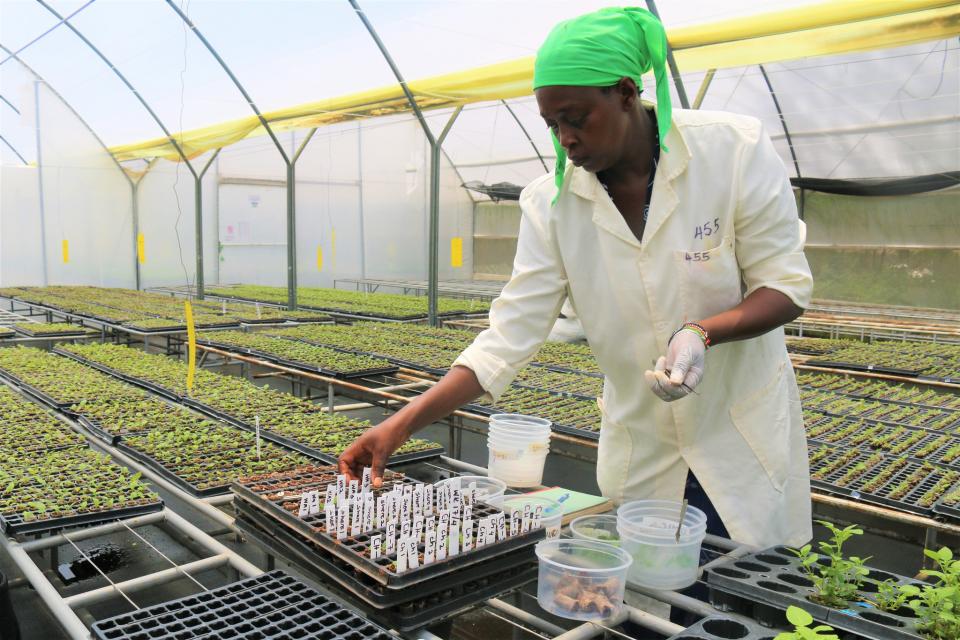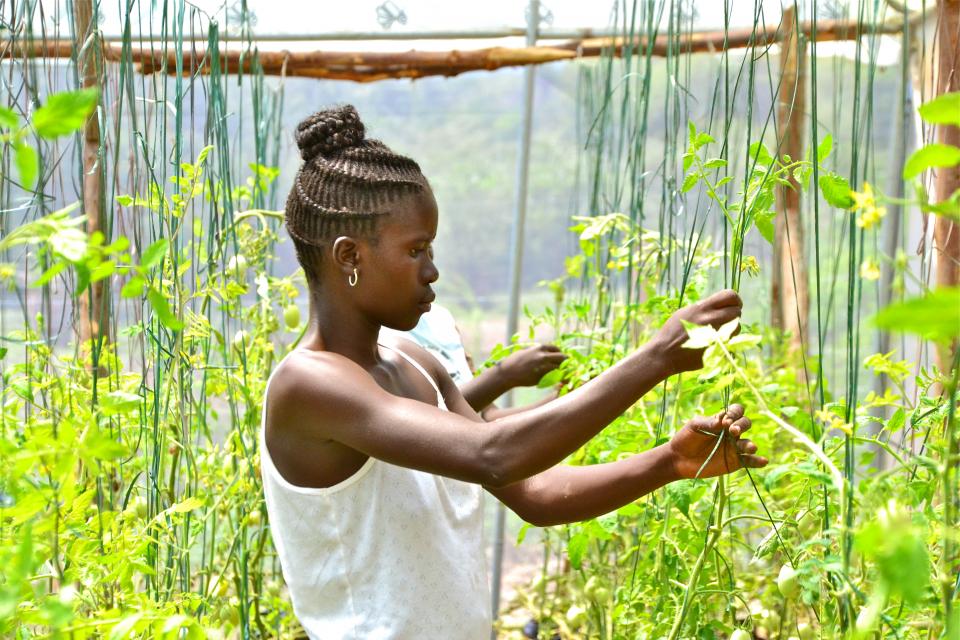Partnering with FUNAAB, Nigeria to cultivate gender responsive agricultural research and development
 Photo: AWARD
Photo: AWARD
Africa’s average periodic Gross Domestic Product growth has constantly outpaced the global norm. By 2023, it is expected to remain at least six percent, but the yawning gender gaps in agricultural research have potentially dire consequences for the Continent’s agriculture and food security.
According to an Oxfam International report, gender inequalities across agriculture, health, and other social determinants in Nigeria, the Continent’s most populous country, keep women down and restrain the country from nearing its massive potential.
Data from the Women in African Agricultural Research Data Portal highlights the underrepresentation of women in agricultural research in Sub-Saharan Africa, including Nigeria. This gender gap has resulted in fewer women than men getting trained and employed in agricultural sciences. Additionally, where employed, the female researchers are often young and less qualified than their male colleagues. Moving to bridge this gap, the Nigerian Government launched the National Gender Policy in Agriculture in 2019 to reduce gender biases in the agricultural sector and address the country’s unequal gender power relations in agricultural research and development.


